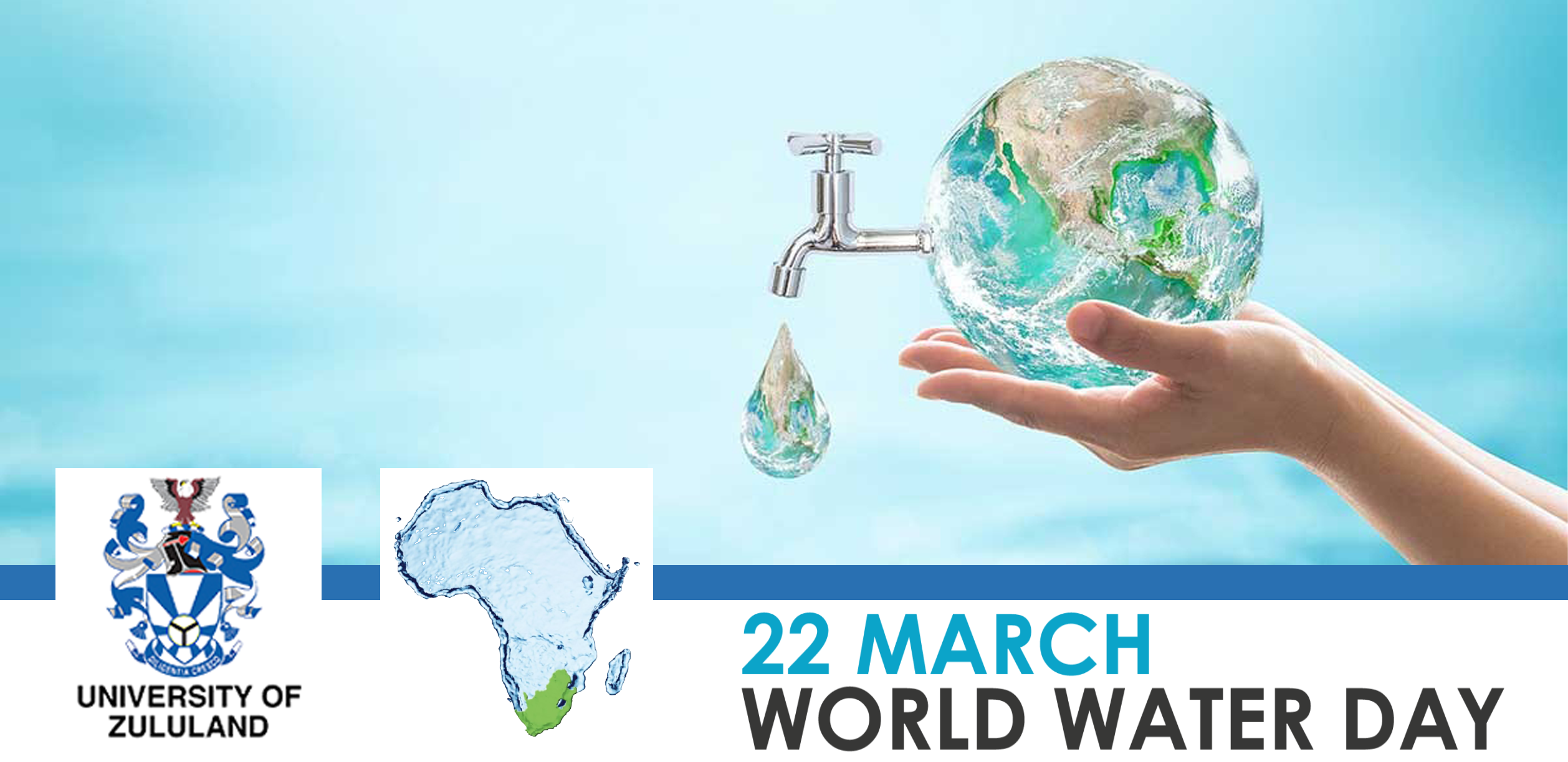Water Month

March is water month, celebrations contribute to the global advocacy around World Water Day, led by UN-Water, on 22 March.
In 1993, the United Nations designated 22 March as World Water Day with a focus on the importance of fresh water and to raise awareness of the billions of people living without access to clean and safe water. This day is about taking action to decisively deal with water challenges facing the globe.
The theme of World Water Day 2021 is ‘valuing water’. This theme aims to understand how people value water whether it is economically, socially, culturally, or in other ways as well as how it plays a role in their lives.
South Africa is a water-scarce country and named one of the 30 driest countries in the world; with a rapidly increasing population. South Africa’s rainfall is unpredictable and common periods of drought limit the water resources even further. This is also due to the impact of Climate Change. Years from now, the demand for water might exceed the amount of available water in our country. This means that we must use and share our water more effectively.
This year’s Water Month campaign comes during a difficult period in our country and the world in general, when we are facing the second wave of the novel Coronavirus pandemic. While water plays an important role in fighting the virus, the devastating effects of the virus have made the world change the way things are done and a new normal is now in place.
According to Professor Peter Ocholla from the department of Hydrology, there is growing discontent in regard to access to clean and potable water in Zululand generally and KwaDlangezwa, Esikhawini, and Ngwelezani in particular. The challenges so far include but not limited to;
- a) Prolonged droughts that have over the past 5 years reduced the capacity of water storage reservoirs to cope with the increasing water users as well as demand;
- b) Over-reliance on a centralized water supply scheme operated by uMlathuze Municipality. There is evidence that the Municipality has acquired non-technical staff to run the water operations that range from storage to reticulation. This has been demonstrated in the recent inability to control the spill of diesel in the reservoir. There is increasingly consistent interrupted water supply in the major settlements within the Municipality. In fact, the interruption of water within the Municipality has become so normal THAT any consistency in water supply for 7-days should be a surprise to many residents. Cases of community riots associated with discontent in water supply processes at the Municipal level are not only worrying BUT needs pragmatic men and women who have resolved to serve the community in the Zululand area with allocated resources. Sadly, we don’t have these men and women within the Municipality and related water reticulation departments,
- c) Inability of the community to be pro-active in harvesting, conserving, and managing whatever water sources they have access to and stored for domestic use. Households seem to be selfish and greedy when it comes to water use per person per household. On average, households in KwaDlangezwa including UNIZULU use an average of 100 liters/person/day; compared to 84 liters (Esikhawini), 80 liters (Ngwelezani); 65 liters (Eniwe); 55 liters (Port Dunford); and 35 liters (Mtunzini). These figures explain the cumulative impact of stress on water resources as well as the on-going water challenges facing the Zululand area.
- d) The community is culpable for destroying more water reticulation infrastructures than the capacity of the Municipality and the relevant departments can replace them. This compounds the challenges in ensuring uninterrupted water reticulation in the area.
- e) There are so many new emerging housing estates in KwaDlangezwa, Eniwe, Esikhawini, Port Dunford, and Ngwelezani that lack well-designed sewerage and water supply networks. Currently, the greatest number of pipe leaks and water contamination are reported in the new housing estates than the old water reticulation infrastructures.
In conclusion, Prof Ocholla said, “UNIZULU has two new boreholes in operation, and plans are underway to upgrade one existing borehole for water production. Atmospheric Water Generation (AWG) pilot project by the Department of Hydrology has demonstrated the capability of in-situ installation of the technology in major water reticulation buildings at the University with a capacity of generating on average 22, 000 liters/day of potable water with monthly storage of 675,000 liters.” Said Prof Ocholla
- Precious Shamase














Leave a Reply